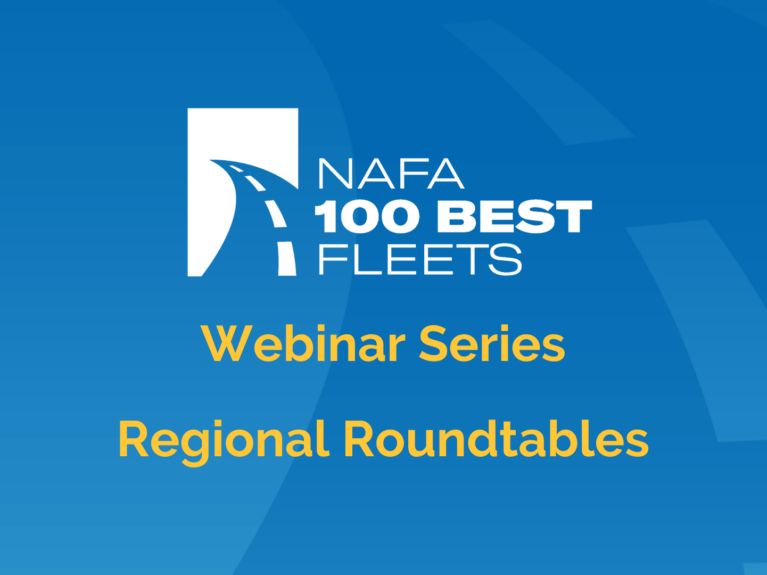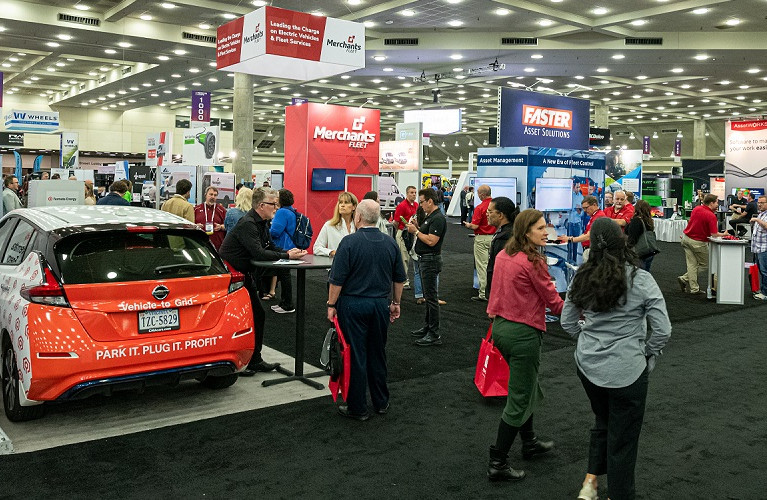
The City of Miami Beach has made significant strides in greening efforts to promote sustainability and combat the environmental challenges it faces.

In the previous issue of FLEETSolutions, we summarized the final California Advance Clean Fleets (ACF) Rule and the improvements that NAFA’s advocacy efforts are making it easier for fleets to meet the requirements of the final California Advance Clean Fleets (ACF) Rule.

Fleet management is a complex and dynamic process that involves managing a fleet of vehicles, including cars, trucks, buses, and myriads of off-road equipment to ensure their optimal performance, safety, and efficiency.

While many cities in Europe and Asia have led the way for electrified municipal fleets, low-emission cities, and mass implementation of green technologies, these matters are now gaining importance and urgency in the Western Hemisphere. Municipalities in North America are increasingly focused on green initiatives and sustainability.

In this interview, Bob White, president of Holman Fleet and Mobility, talks about trends he’s seeing in fleet ESG and provides tips for fleet managers starting their ESG journey.

As NAFA transitions to its second full year of 100 Best Fleets Awards program development, the 100 Best project team is announcing some new offerings. NAFA’s 100 Best Fleets Program recognizes peak-performing fleet operations. It identifies and encourages the ever-increasing levels of performance improvement and innovation within the fleet industry. Considered the premier fleet recognition program, the 100 Best Fleets…

These tips from Michael Taylor, advocacy lead for NAFA and senior advisor with HillStaffer, are an invaluable resource when applying for government funding and maximize your chances of being selected.

Fleet professionals across the industry and around the world convened in Baltimore, Maryland, last week for NAFA’s 2023 Institute & Expo (I&E), an event that shaped up to be the largest live gathering of fleet professionals since the pandemic. Hot topics included developing a fleet electrification strategy, unlocking fleet data and analytics, tech-driven solutions, tackling the technician-shortage challenge, and…

Forty-two nominees from Public and Commercial 100 Best Fleets spanning North and South America were nominated for the inaugural 2023 100 Best Fleets— Fleet Professional of the Year Award. Fleet professionals nominated to receive this year’s award include fleet managers, directors, maintenance managers, supervisors, material management and supply staff, fleet analysts, fiscal and accounting staff, and other such fleet professionals. NAFA and the 100 Best Fleets Team introduce the 2023 finalists in the…

Bob Mossing and Phil Moser don’t mind being called geeks — in fact, they prefer it. These two fleet colleagues — actually, Mossing used to be Moser’s client — are so passionate about safety that they launched a podcast called “The Fleet Safety Geeks.” “We came up with the idea for the podcast over a beer during the I&E conference,” says Mossing, director of fleet administration at STERIS. “Every time we talked, we were talking about…